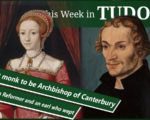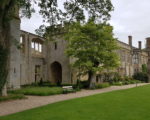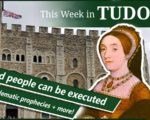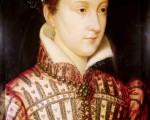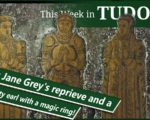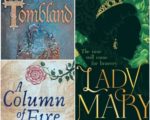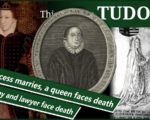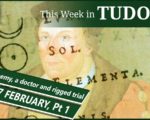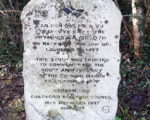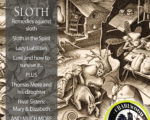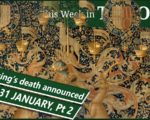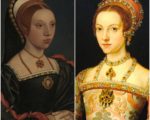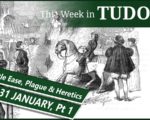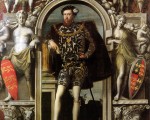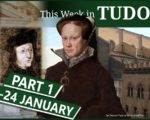Lucy Somerset was born in around 1524 to Henry Somerset, 2nd Earl of Worcester, and his second wife, Elizabeth Browne, who is perhaps best known for her alleged role in Anne Boleyn’s downfall. Little is known of Lucy’s early life; however, as a noblewoman, it is assumed that she would have been accomplished in courtly manners. She was also involved with prominent courtiers, particularly the Brandon family through her aunt’s marriage to Sir Charles Brandon, Duke of Suffolk. This made Lady Anne Brandon and her sister Lady Mary Brandon her first cousins and important connections, both with prominent royal relations and friendships.
It is believed that Lucy was sent to the court of Henry VIII around 1540 aged 16, where she served his fifth consort, Katherine Howard, as a Maid of Honour during her marriage to Henry VIII. In 1542, when Katherine Howard was awaiting execution for treason, Lucy was supposedly mentioned in a letter by the imperial ambassador, Eustace Chapuys.
[Read More...]


